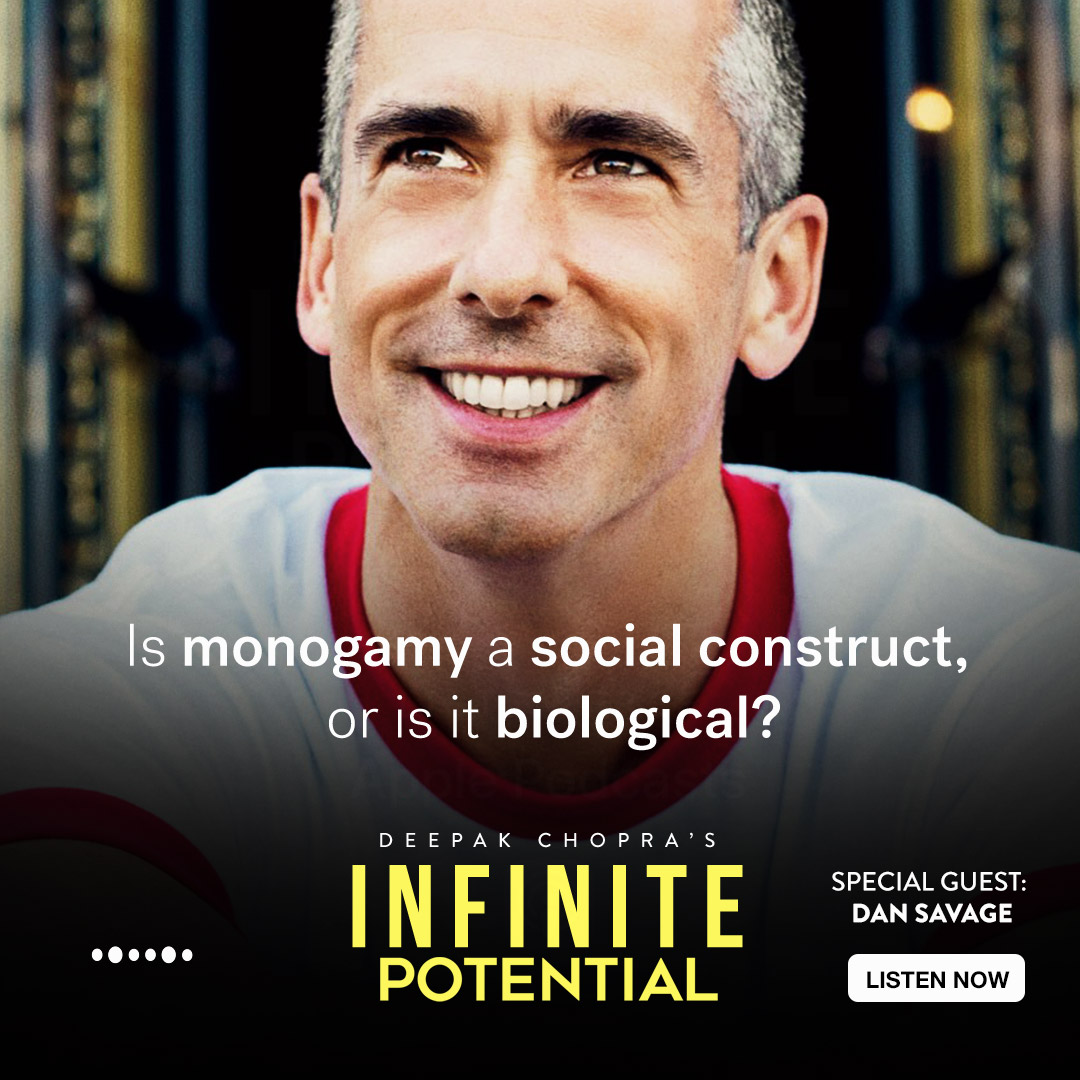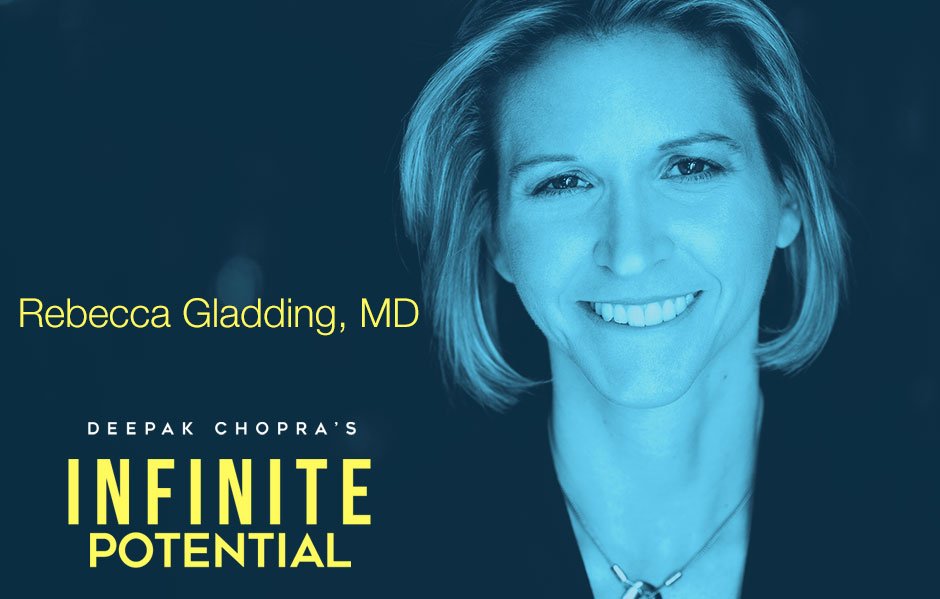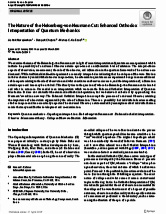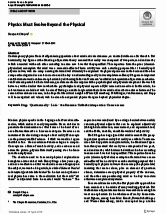How do we know that anything is real?
This isn’t a question that usually bothers most people, because we’ve all been brought up to look upon the physical world “out there” as a given. But let’s say that someone actually asks you the question, “How do you know the physical world is real?” What would you answer?
If you pause for a second, there are only two kinds of answers to this question: Either you tell a story or you refer to your own experience. Stories used to be collective myths, generally based on religion, about how God or the gods created the world. But any story, including the most advanced scientific models, depends on belief. If you believe in the Book of Genesis, you will see reality very differently from someone who believes in the Big Bang. To sort out which story is actually true, the second kind of answer arose, defining reality according to our experience. A rock is hard because two people who kick it agree from their experience that it is, in fact, hard.
A scientist might loudly object that we’ve left out physical data and facts. Surely a rock is hard because geologists have assembled all kinds of facts about all kinds of rocks. But such facts also come down to experience. There are rock-eating bacteria deep in the earth, and to them a rock is food, so hardness doesn’t enter their experience—for all we know, granite is to a bacterium what a lettuce leaf is to us. “Hardness” is not objective. Neutrinos are particles that travel through the Earth by the trillions and more, being impeded no more by a solid planet than if it was a puff of air, or nothing at all.
No matter how insistent you are about scientific fact, all facts enter our minds as either sensations, images, feelings, or thoughts, which UCLA psychiatry professor Daniel J. Siegel has shortened to SIFT. SIFT is necessary in order for anything to be real to a human being. Since the stories we tell and hear are also based on SIFT, especially on thoughts, it turns out that reality gets much messier than it would at first appear. Facts, data, experiences, and stories cannot be disentangled into neat categories that everyone would agree on. Thus a specific perception of the world, such as Newton looking upon gravity as a force, got entangled with Newton’s parallel belief that the Book of Genesis was factual, and when Einstein turned gravity from a force into a matter of curved spacetime geometry, a new entanglement of facts, data, experiences, and stories came about. In Einstein’s case the Book of Genesis didn’t enter the picture, but he certainly had his own religious notions and philosophical ideas that others might or might not agree with.
If you consult our last post, “Changing the World with a Glance,” we covered an accepted fact among most modern physicists, that nothing can be proven to exist, including the entire universe, without an observer. Even though physical things appear to exist independently we cannot rely on appearances. This notion is counterintuitive to anyone who accepts that the physical world “out there” is the basis of reality.
Holding two versions of reality has now become common-place among physicists: in the everyday world they accept how things ordinarily work, which depend on the senses, while in the quantum world, far beyond the senses, they accept such seemingly bizarre notions as reverse causation, creation from nothingness, and 11-dimensional string theory, which reduces all matter and energy to invisible vibrations in a domain that has no time, space, matter, or energy and therefore can be described only through pure mathematics.
These two models of reality certainly don’t fit together. If a new, improved reality is ever to exist, it could include many unusual features, but one aspect is certain: It would be whole, not fragmented. If you concede that it takes an observer to create reality as we know it, then any new and improved reality depends on each of us, acting as an observer. Observation isn’t passive or neutral. It is always creative. Thanks to SIFT, everything you know and accept as real depends on mental activity. At any given second you are either sensing, feeling, imagining, or thinking in order for anything—an atom, coffee cup, cloud, or Marvel comic—to be real.
Our previous post filled in the argument for how each person became a co-creator of the universe (and we co-authored a book on the subject, You Are the Universe), so let’s jump to the bottom line. If you accept that you co-create reality with every other person who possesses a human nervous system, how would this change your life? Here is a list of possibilities:
- You would become curious about your creative powers.
- You would want to test these powers out.
- You would question second-hand stories about creation, preferring to either create your own model or no model at all.
- If you get rid of all stories and models, you would find yourself basing reality on your own experience, and then would quickly realize that you have been doing that all your life.
The difference would be that now you can be conscious of how the process works.
- Since everyone’s personal reality is based on entangled facts, data, stories, and experiences, you would become very interested in getting untangled.
- To become untangled, you would find yourself experiencing reality only in the now, unburdened by the past or by anticipation of the future. Only the present moment is free of entanglement. Only in the present moment is reality fresh and ever renewed—this is why it is sometimes referred to as the eternal now.
We are not saying that creating personal reality makes you isolated or solipsistic. The point is that conscious experiencing is what makes us more complete, freer as human beings. We are, as quantum physicists claim, active participants of our own existence.
As you can see, a lot is at stake in any new, improved reality. Getting untangled is the chief hurdle. The underlying unity of reality opens up huge opportunities. It is also the key to the exotic states described for centuries as enlightenment, waking up, Nirvana, Moksha, and liberation. But by any name, higher consciousness has many enticements, which we will discuss in the next post. All who are curious are cordially invited.
(To be cont.)
Deepak Chopra MD, FACP, founder of The Chopra Foundation and co-founder of The Chopra Center for Wellbeing, is a world-renowned pioneer in integrative medicine and personal transformation, and is Board Certified in Internal Medicine, Endocrinology and Metabolism. He is a Fellow of the American College of Physicians and a member of the American Association of Clinical Endocrinologists. Chopra is the author of more than 85 books translated into over 43 languages, including numerous New York Times bestsellers. His latest books are The Healing Self co-authored with Rudy Tanzi, Ph.D. and Quantum Healing (Revised and Updated): Exploring the Frontiers of Mind/Body Medicine. Chopra hosts a new podcast Infinite Potential and Daily Breath available on iTunes or Spotify www.deepakchopra.com
Menas C. Kafatos, PhD is the Fletcher Jones Endowed Professor of Computational Physics at Chapman University, conducting research in quantum physics, cosmology, climate change and related hazards. He works on issues related to reality and the role of consciousness for natural laws that apply everywhere, the foundations of the universe, for scientific understanding, and spiritual non-dual awareness in everyday life. His doctoral thesis advisor was the renowned M.I.T. professor Philip Morrison. He is a lecturer and has authored 330 articles, is author or editor of 20 books, including The Conscious Universe Looking In, Seeing Out, Living the Living Presence, Science, Reality and Everyday Life, and is co-author with Deepak Chopra of You are the Universe. www.menaskafatos.com




